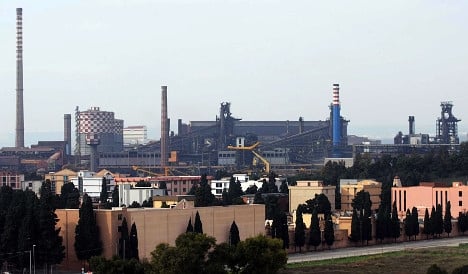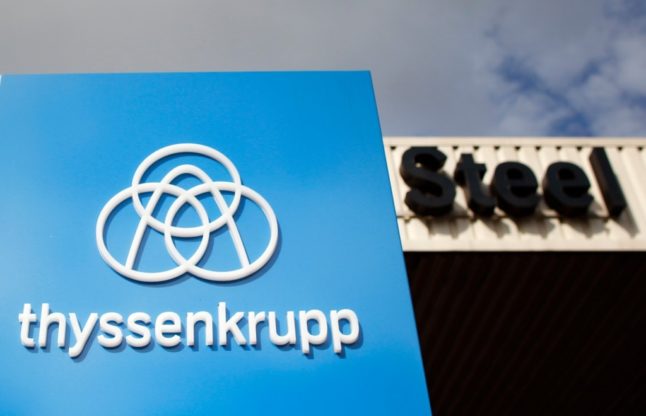The Ilva site at Taranto in the Puglia region of southern Italy has been under special government administration since last year after its owners were accused of failing to contain toxic emissions.
"We are considering whether we should intervene in Ilva with a public body," Renzi said in an interview published in the daily La Repubblica.
"We could put the company back on its feet in two or three years, protect jobs, protect the environment and then put it back on the market," he said.
The premier added that he would rather see the steel plant in private hands, but if no solution was found then "I prefer intervening directly for a few years".
International steel giant ArcelorMittal and Italy's Marcegaglia said earlier this week they had submitted a non-bidding offer to acquire Ilva's operations. The bid is being examined by Ilva's special commissioner.
No other offers have come in yet to save the steelworks, which employs 16,000 workers and has the biggest output capacity of any plant in Europe.
It is currently operating at roughly half of its peak production level of 11 million tonnes per year because of weak demand and chronic overcapacity in Europe.
A report by the European Environment Agency on Tuesday named Ilva as one of the 30 worst industrial plants for pollution in Europe.
Renzi is seen as desperate to secure some kind of future for Ilva against a gloomy economic backdrop of a contracting economy and stubbornly high unemployment. He has said he wants a solution for Ilva by Christmas.



 Please whitelist us to continue reading.
Please whitelist us to continue reading.
Member comments